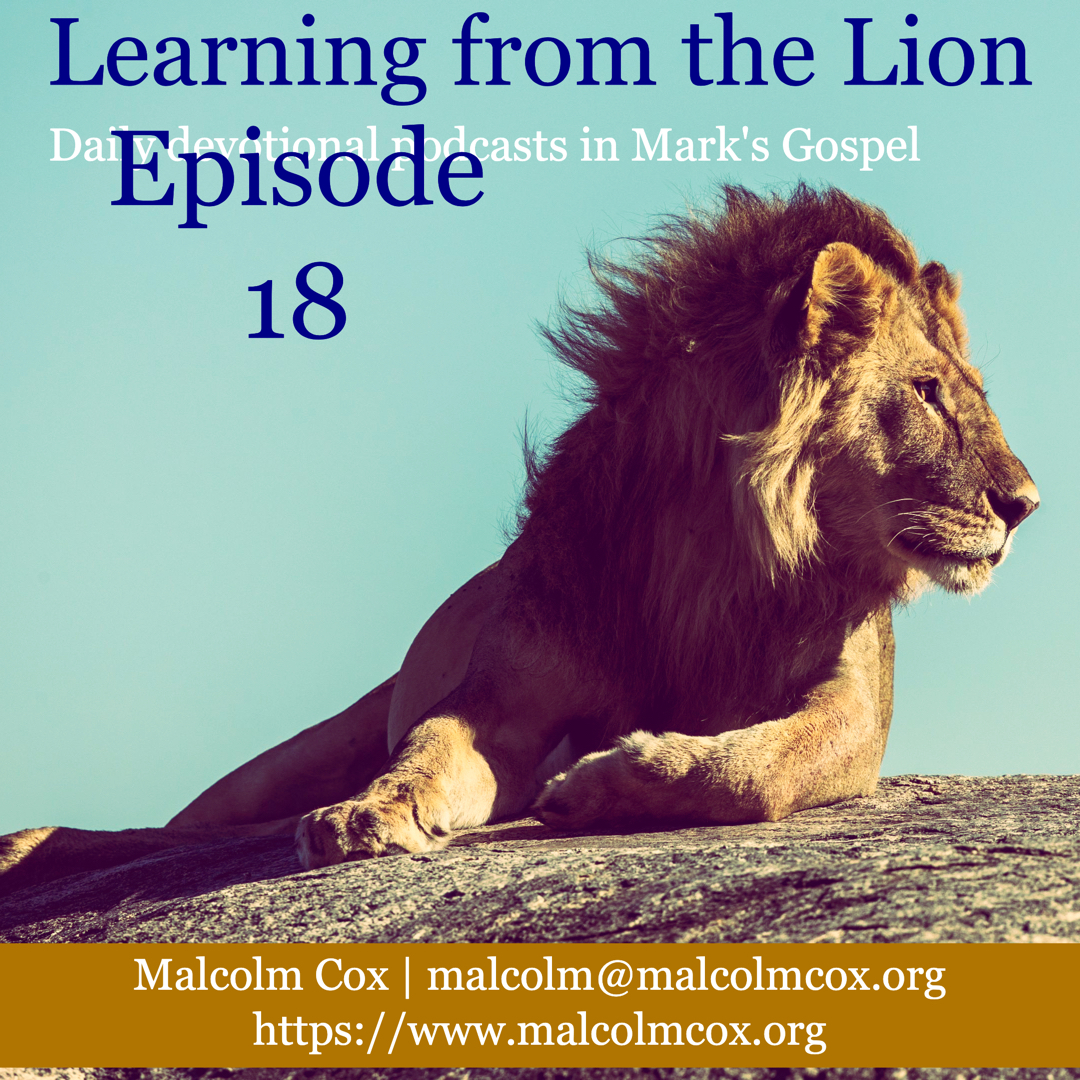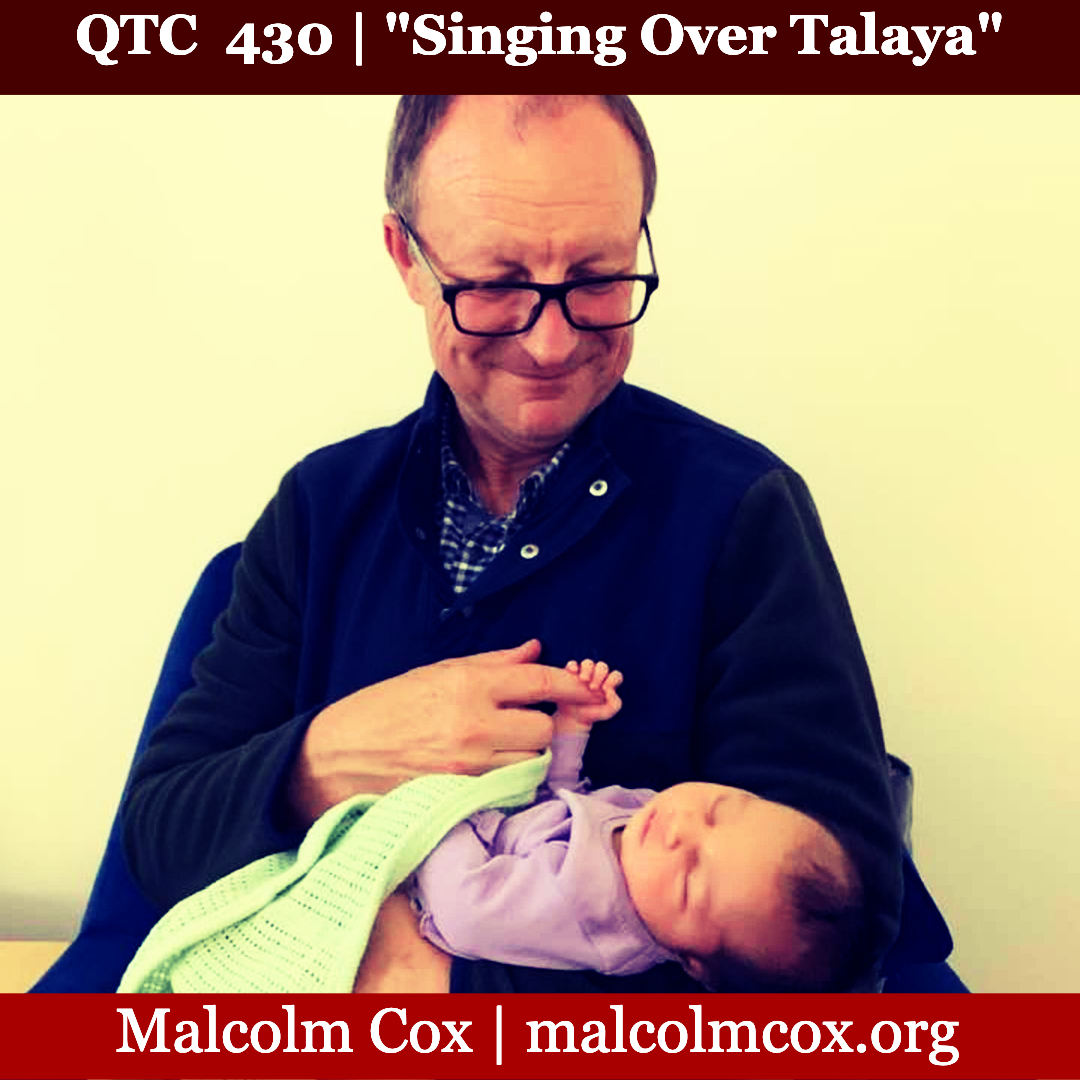The Sunday Sample, Episode 108:
Do you ever encounter the following situation? The worship team are ready, the lead worshipper asks the congregation to move to their seats and prepare to sing, the song begins, people in the congregation continue to chat and we don’t have full participation until the third verse, or even the second song.
What’s your reaction as a leader of worship? Frustration? Confusion? Even anger? Or perhaps it doesn’t really matter. In every congregation I’ve ever been part of this has been a consistent challenge. Different solutions have been tried, some more successful than others. It’s also become obvious that there is no one solution that fits all congregations. What do we do?
Last night I was at a meeting with the men of the Watford Church of Christ. We spent some good time in prayer and then discussed plans for next year (2020). Part of our discussion was about how to take our musical worship to the next level. The issue of the start of the service came up. We had a very fruitful conversation, and are contemplating the best way to proceed.
Today, I’m not going to offer solutions, but, rather, outline some of the issues and ask you what you have seen that works well. In a way, I’m writing this out and recording it to help me with clarifying my own thinking about our particular situation in Watford (as well as in the Thames Valley churches of Christ).
- A positive challenge. It’s important that we understand that people talking during singing is a sign of something positive. One of the great strengths of our fellowships is that people love each other deeply. When people see each other at church they are genuinely glad and wants to connect, catch up and encourage each other. This means that whatever we do to help the entire congregation to engage with the musical worship as early in the service as possible must not negate this fellowship strength. Whatever solution you come up with, make sure you don’t compromise the zeal, joy and depth of fellowship.
- Different solutions for different situations. Context will dictate which actions might be most appropriate in your situation. The size of the congregation, the acoustics of the room, the availability of a PA or not, and other factors will make some solutions viable and others not so. Just because something works in another congregation does not mean it will work for you. Consider carefully, through trial and error, what will be most effective in your situation.
- Gentle but clear expectations. It will be difficult to engage everybody at the start unless the congregation understand this is an expectation. Some teaching on why this matters will be helpful. However, avoid creating rules. People are not coming into a military academy, they are not school children being corralled by a teacher. Be clear about the reasoning and the value of worshipping together, but do it with gentleness.
It seems to me that “shushing” congregations is not, in most circumstances, particularly helpful. When someone does this to me I feel like I’m back at school and being naughty. That’s not a healthy place from which to begin to think about God and worship him.
Alternatively, perhaps there is a way to inspire full participation in musical worship. Bible readings, prayer, a few words of inspiration, a performance by the worship team (like I have heard is done in Amsterdam), a musical video, or….what else? There must be many ways to inspire full congregational participation from the start, or, almost the start.
What have you tried that works and doesn’t work? What did you learn from that? What have you seen tried that works or doesn’t work? What are you doing at the moment which seems to be working?
Question for today: “What is your suggestion for creating the best possible opportunity for full congregational participation in the musical worship from as early as possible in the service?”
Please add your comments on this week’s topic. We learn best when we learn in community.
Do you have a question about teaching the Bible? Is it theological, technical, practical? Send me your questions or suggestions. Here’s the email: malcolm@malcolmcox.org.
If you’d like a copy of my free eBook on spiritual disciplines, “How God grows His people”, sign up at my website: http://www.malcolmcox.org.
Please pass the link on, subscribe, leave a review.
“Worship the LORD with gladness; come before him with joyful songs.” (Psalms 100:2 NIV11)
God bless, Malcolm
PS: You might also be interested in my book: “An elephant’s swimming pool”, a devotional look at the Gospel of John

